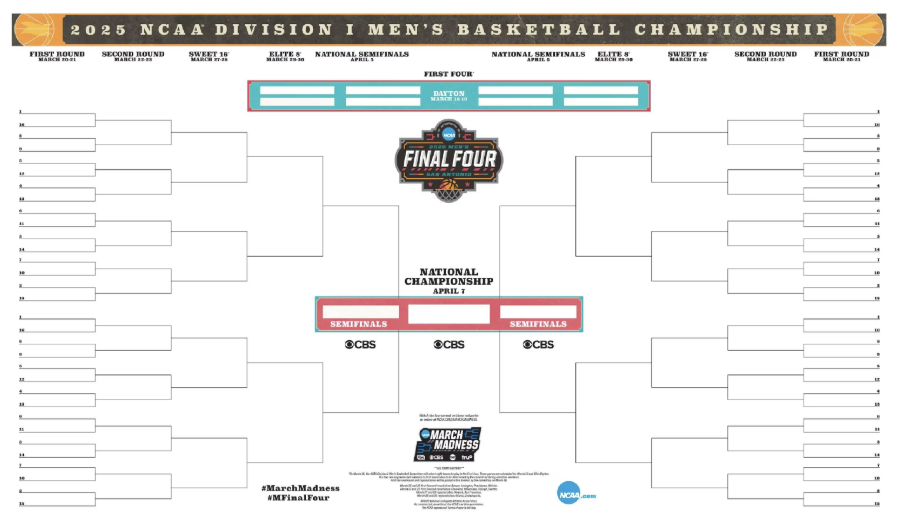Fantasy football is a popular game where participants act as managers of virtual teams made up of real NFL players. The goal is to score the most points each week based on how well your players perform in actual NFL games. Many leagues offer rewards for the winner, like cash prizes or trophies, while some leagues include lighthearted punishments for the last-place team, depending on what the players agree on.
Before the NFL season commences, fantasy leagues hold a draft to decide which players belong to each team. During the draft, running backs and wide receivers are often chosen in the early rounds because they tend to score the most points. Quarterbacks, tight ends, and kickers are usually picked later, although top-tier players in those positions may be picked earlier.
The fantasy season runs alongside the NFL regular season, typically ending at Week 17. As a team manager, you need to set your lineup each week, deciding who to start and who to bench based on player performance, injuries, and matchups. You can also make trades with other managers and pick up free agents off the waiver wire, a system designed to help all teams improve by claiming unowned players.
Managing a fantasy football team requires attention to detail and strategic planning. You have to stay updated on player news, injuries, bye weeks, and adjust your rotation accordingly. For players managing multiple teams or leagues, this can become a serious time commitment.
“I’ve always loved playing fantasy football, it gives an extra layer of meaning to the NFL season which has always been my favorite sports league to watch,” said senior Levi Yaker. “Some years have been good and others horrible, but I’m hoping to win it all this year.”
Despite the effort involved, fantasy football adds an exciting layer to watching the NFL season. It encourages friendly competition, helps fans stay engaged in games that they might otherwise overlook, and offers a friendly way to connect with friends and fellow fans.













